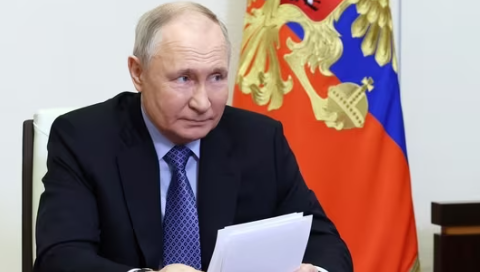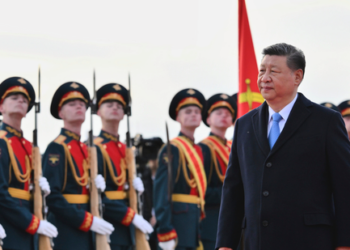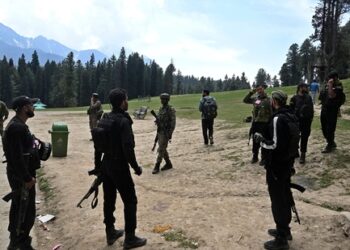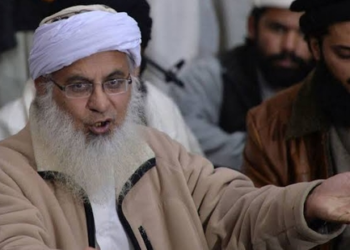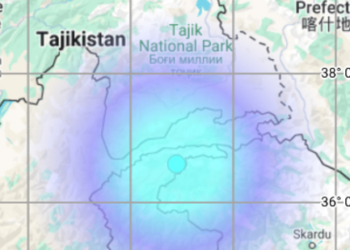In a move that has escalated tensions between Russia and the Baltic States, Moscow has issued arrest warrants for the Estonian Prime Minister and several Baltic politicians, accusing them of “interference” in Russian affairs. The decision has further strained relations between the neighbouring countries, sparking concerns of a potential diplomatic crisis.
The warrants target the Estonian Prime Minister, alongside unnamed Baltic politicians, whom Russian authorities allege have been involved in activities aimed at destabilizing the Russian government. The Kremlin’s spokesperson, Dmitry Peskov, stated that the actions of these politicians constitute a violation of Russian sovereignty and interference in its internal affairs.
The latest development comes amidst already heightened tensions between Russia and the Baltic States, particularly Estonia, Latvia, and Lithuania, which have increasingly aligned themselves with Western institutions such as NATO and the European Union. Moscow has repeatedly expressed concerns over what it perceives as encroachment by Western powers into its sphere of influence, viewing the Baltic States’ alignment with Western organizations as a direct threat to its security.
Estonia, in particular, has been a vocal advocate for NATO presence in the region, citing historical concerns over Russian aggression following its annexation of Crimea in 2014. The Baltic States have also been vocal critics of Russia’s actions in Ukraine and its support for separatist movements in Eastern Europe.
The issuance of arrest warrants by Russia has been met with condemnation from Estonia and its Baltic neighbours, with Estonian officials denouncing the move as “unacceptable” and a blatant attempt to intimidate and silence critics. The Estonian government has called for international support in condemning Russia’s actions and reaffirming the sovereignty of the Baltic States.
The European Union and NATO have also voiced their concerns over the escalating tensions, calling for dialogue and restraint from all parties involved. The EU’s Foreign Affairs Chief has stated that the bloc stands in solidarity with Estonia and its Baltic neighbours, reaffirming their right to self-determination and independence.
As diplomatic efforts continue to diffuse the situation, the arrest warrants issued by Russia have underscored the deepening rift between Moscow and the Baltic States. With both sides digging in their heels, the prospect of further escalation remains a significant concern, raising fears of a potential crisis in the region.


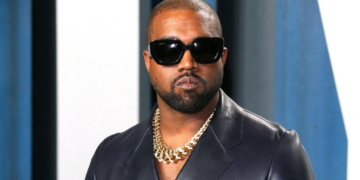

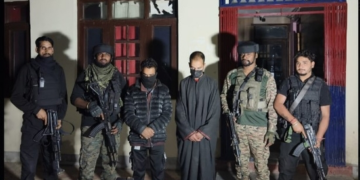


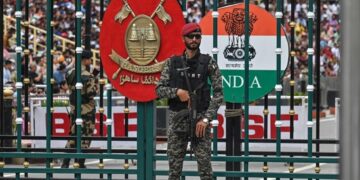
 India
India
